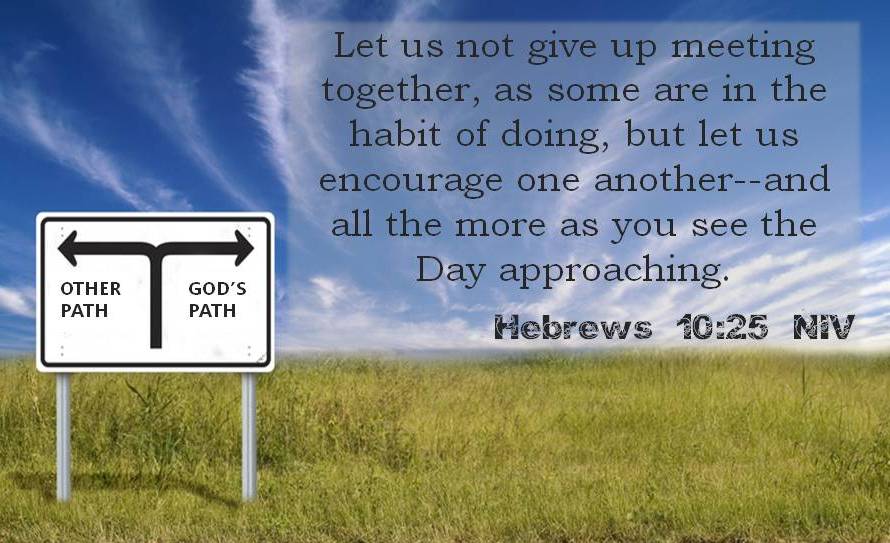Home | About Us | Directions | Bulletins | Sermons & Audio | Cross Of Christ Studies | Classes | Student and Parent Resource Page | Dangers Facing the "Non-Traditional"
Tradition
by Doy Moyer
There is a difference between traditions that are simply traditions, and tradition as truth. A tradition is something that is handed down as a teaching or a practice. To simplify, we can note that traditions may come in at least these forms:
1. Error. A tradition can be passed down that is erroneous. Jesus challenged this kind of tradition in Mark 7, where the Pharisees had made their tradition of "Corban" such that it violated God's Law. Wrong-headed traditions need to be challenged and overthrown. This is not to be done, however, just based on mere preference or whim, but on the truth. If a practice or teaching is in error, then truth needs to prevail, lest we find ourselves under Jesus' rebuke: "Why do you yourselves transgress the commandment of God for the sake of your tradition?" (Matthew 15:3)
2. Truth. God expected His truth to be passed down through time, and this, too, is tradition, as Paul wrote: "So then, brethren, stand firm and hold to the traditions which you were taught, whether by word of mouth or by letter from us" (2 Thess. 2:15). If we are teaching new doctrines that cannot find actual biblical support for the sake of doing non-traditional things, then we have conflated tradition as truth with tradition as error or tradition as choice. Tradition as truth should always be upheld and practiced, and failure to do so will put us out of line with God's revealed will.
3. Choice. By "choice" in this context, I mean that the tradition is neither necessary nor wrong. Not all traditions are necessary in the sense of being required truth (#2). They might help facilitate the teaching of truth, and they might be reasonable expedients depending on the circumstances (e.g., meeting twice on Sundays or using song books), but they are not necessary. In this case, they are also not wrong, but the danger is that we get used to doing something by choice and then confuse these traditions with truth itself. That is, if the tradition by choice is changed, we fight like it is the truth that is being compromised, when it is, instead, just choices that are under scrutiny. On the other hand, some try to change tradition by choice and may take an approach that is offensive and disrespectful toward those who prefer the tradition to remain as is. There is no need to change such a tradition just for the sake of change, but neither is there a reason to hold on to it if the reason for changing it is warranted. People need to be reasonable, respectful, and open-minded in dealing with tradition as choice.
For the sake of clarity and unity, it is vital that we understand the differences between these types of tradition. So many divisions and problems can occur because we just label something "traditional" without further clarifying what we mean by it. Someone may fight against a "tradition as truth" while thinking it is "tradition as choice," or vice-versa, and problems ensue. First, we should figure out where the tradition we are considering fits. Is it error? Is it truth? Or is it choice? Then we can look at options: 1) reject it if it is error; 2) accept it and practice it if it is truth; or 3) consider our options and weigh the effects if it is choice. Divisive attitudes should never be allowed to prevail, especially over tradition as choice.
Other Articles by Doy Moyer
God Gives Both Law and Grace
Was Jesus Literally Forsaken?
Baptism and the Blood
The Problem With Creeds









